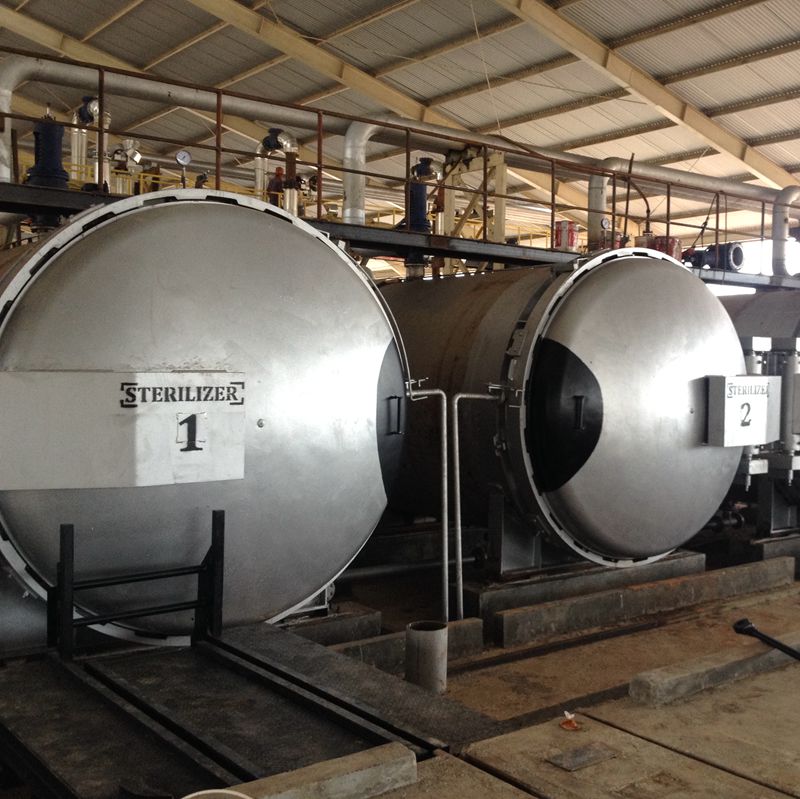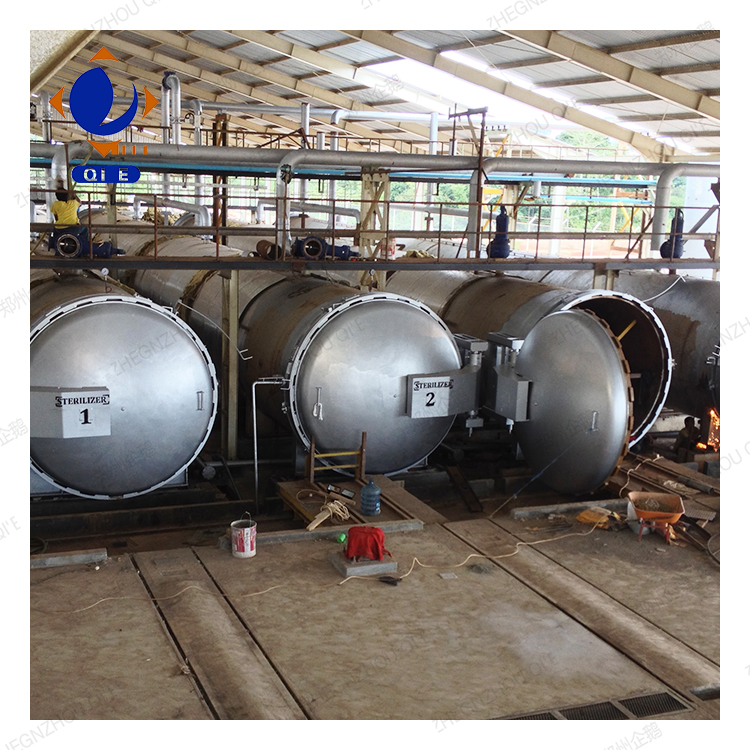
As a procurement decision - maker or technical manager in the palm oil industry, you're well - aware of the unique challenges and opportunities in Nigeria's market. Let's delve into the in - depth analysis of this industry and understand the key aspects of equipment selection.
Nigeria's palm oil industry has several distinct characteristics. Firstly, the raw materials are highly diverse, which poses challenges for processing equipment in terms of adaptability. Secondly, the high proportion of small - scale farming in the economy means that most of the production is fragmented. Thirdly, the industry is extremely sensitive to energy costs. With the increasing energy prices, reducing energy consumption has become a top priority for palm oil producers. For example, a large number of small - scale palm oil mills are struggling to balance production costs and output due to high energy expenses.

When selecting palm oil processing equipment, several key indicators need to be considered:
The palm oil processing process consists of several key steps: crushing, separation, pressing, and refining. Each step is crucial for ensuring efficiency and product quality.
| Process Step | Function | Efficiency and Quality Assurance Measures |
|---|---|---|
| Crushing | Break down the palm fruits into smaller particles | Use high - performance crushers to ensure uniform particle size, which is beneficial for subsequent processing |
| Separation | Separate the pulp, kernel, and other components | Advanced separation equipment can improve the separation efficiency and reduce the loss of oil in the by - products |
| Pressing | Extract oil from the palm pulp | Optimize the pressing pressure and temperature to maximize oil extraction rate while maintaining oil quality |
| Refining | Purify the crude oil to meet market standards | Adopt advanced refining processes to remove impurities, odor, and color, ensuring high - quality refined oil |

Compliance with safety and quality standards is of utmost importance. Our equipment meets the national first - and second - class pressure vessel standards and has obtained the ISO 9001:2000 quality system certification. ISO 9001:2000 is an international standard that ensures the quality management system of an organization can provide products and services that meet customer and regulatory requirements. This not only guarantees the safety of the production process but also enhances the credibility of your products in the market.
We offer a one - stop solution that includes design, installation, and operation and maintenance support. This comprehensive service can significantly reduce the operational risks of your palm oil mill. For example, our professional technicians can quickly respond to any equipment failures, ensuring the long - term stable operation of your production line and ultimately increasing your long - term return on investment.
To further illustrate the effectiveness of our equipment, here are some real - world examples. In a certain palm oil mill in Nigeria, after using our customized equipment, the energy consumption was reduced by 20%, and the oil extraction rate increased by 15%. These data clearly demonstrate the superiority of our equipment in energy - saving, efficiency improvement, and product quality enhancement.

Your factory may be facing challenges such as continuous operation difficulties, high energy costs, or unstable product quality. Are you ready to make a rational investment and achieve sustainable growth? Our palm oil processing equipment can provide you with a safe, efficient, and cost - effective solution. Click here to learn more about our one - stop palm oil processing solutions and ensure your long - term stable returns and safety compliance!

